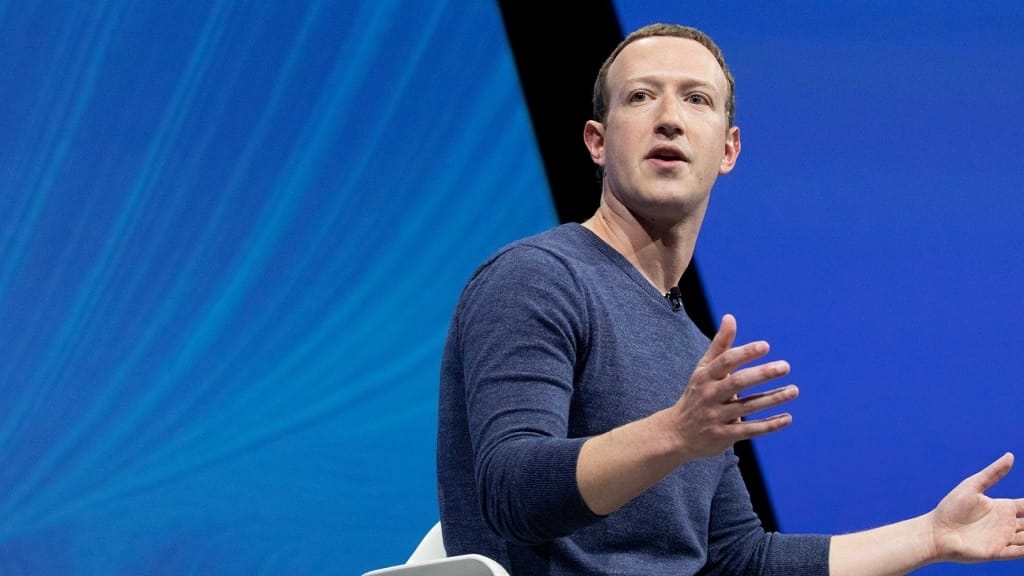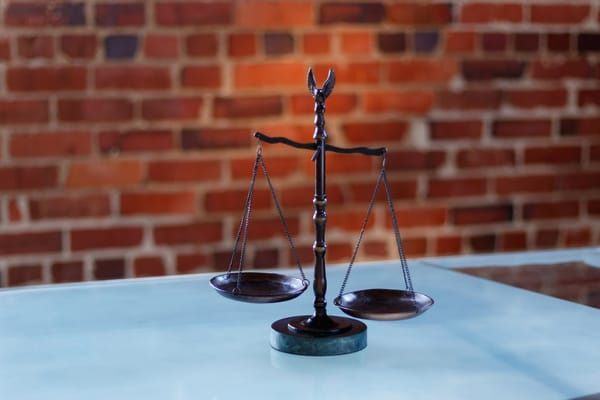Facebook, Google, Twitter Register to Lobby Congress on Section 230
Companies also want to discuss cybersecurity, net neutrality, taxes and privacy.

August 3, 2021 — The largest social media companies have registered to lobby Congress on Section 230, according to lobby records.
Facebook, Google, and Twitter filed new paperwork late last month to discuss the internet liability provision under the Communications Decency Act, which protects these companies from legal trouble for content their users post.
Facebook’s registration specifically mentions the Safe Tech Act, an amendment to the provision proposed earlier this year by Sens. Amy Klobuchar, D-Minnesota, Mark Warner, D-Virginia, and Mazie Hirono, D-Hawaii, which would largely keep the provision’s protections except for content the platforms are paid for.
A separate Facebook registration included discussion on the “repeal” of the provision.
Other issues included in the Menlo Park-based company’s registration are privacy, data security, online advertising, and general regulations on the social media industry.
Google also wants to discuss taxes and cybersecurity, as security issues take center stage following high-profile attacks and as international proposals for a new tax regime on tech companies emerge.
Notable additional subject matters Twitter includes in its registration are content moderation practices, data security, misinformation, and net neutrality, as the Federal Communications Commission is being urged to bring back Obama-era policies friendly to the principle that ensures content cannot be given preferential treatment on networks.
Section 230 has gripped Congress
Social media critics have been foaming at the mouth over possible retaliatory measures against the technology companies that have taken increasingly strong measures against those that violate its policies.
Those discussions picked up steam when, at the beginning of the year, former President Donald Trump was banned from Twitter, and then from Facebook and other platforms, for allegedly stoking the Capitol Hill riot on January 6. (Trump has since filed a lawsuit as a private citizen against the social media giants for his removal.)
Since the Capitol riot, a number of proposals have been put forward to amend — in some cases completely repeal — the provision to address what some Republicans are calling outright censorship by social media companies. Even Florida tried to take matters into its own hands when it made law rules that penalized social media companies that banned politicians. That law has since been put on hold by the courts.
The social media giants, and its allies in the industry, have pressed the importance of the provision, which they say have allowed once-fledgling companies like Facebook to be what it is today. And some representatives think reform of the law could lean more toward amendment than outright repeal. But lawyers have warned about a shift in attitude toward those liability protections, as more judges in courts across the country hold big technology companies accountable for harm caused by the platforms.










